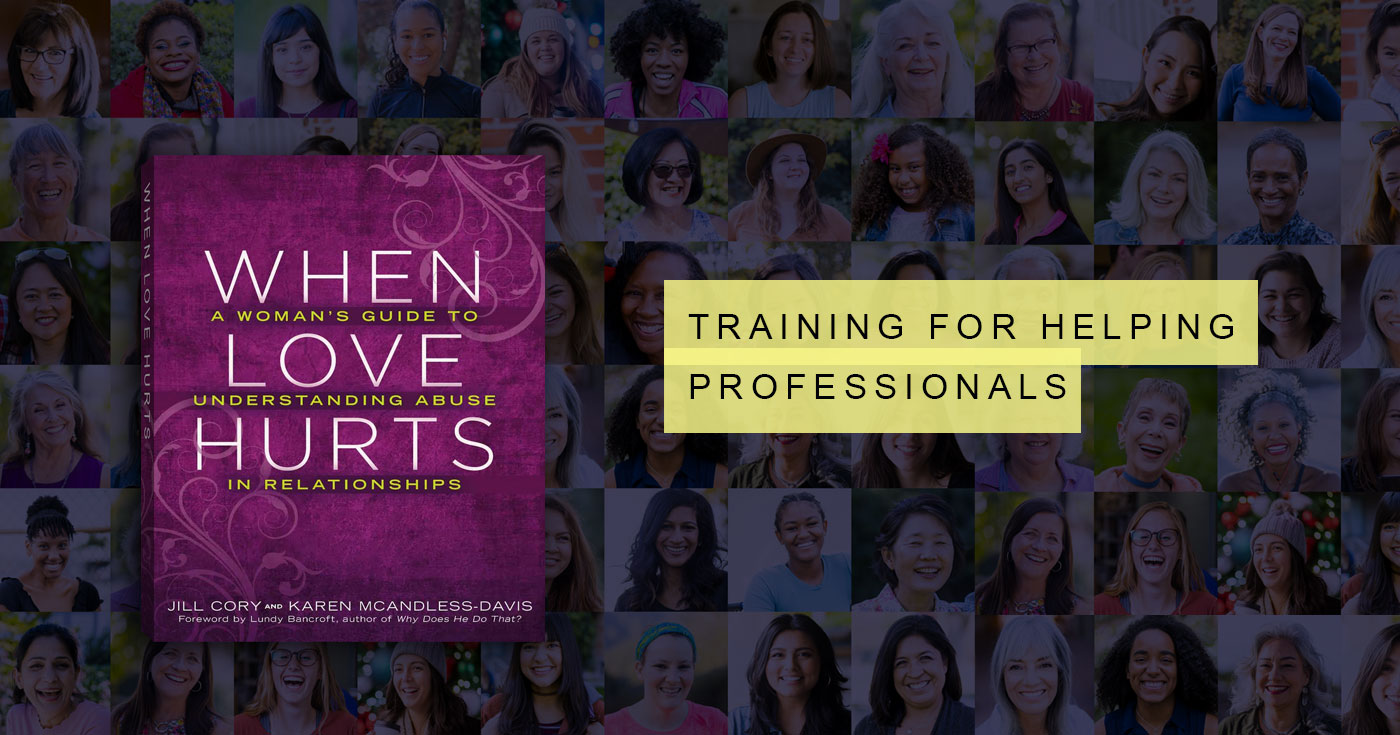How to identify abuse: #2 Power imbalance and the abuse of power.
In order for someone to be abusive to someone else, they have to have power over that person. In many of our relationships, one person has more power than the other person. Most of the time, men have more power than women in intimate relationships. The most common forms of power in heterosexual relationships are physical strength, financial control and social power. We have already talked about how men usually are physically larger and stronger than their female counterparts. Also, men tend to have more financial power (Canadian women earn 28% less than Canadian men.) It also seems that men have more social power. Men are believed by police, judges, family and friends in ways that women are often not. I would have never thought this was true until I started this work 16 years ago but time and time again I hear how women are not believed. Women are discredited and told they are “overreacting”, “too sensitive”, “too emotional” etc. It seems to me that men are not discredited in the same ways.



Episode 8: Understanding the healing journey
In this episode, we explore the healing journey for women who have experienced abuse.
New Year’s greetings!
We’re excited to share that all eight episodes of the When Love Hurts Podcast are…
Episode 7: Mothering, post separation abuse, and the legal system
How men’s abuse profoundly impacts mothering and how that abuse so often continues after separation…
Episode 6: The harms of help
How services can repeat dynamics of abuse.
Episode 5: Why abusive men are abusive
In this episode, we take on the question women ask again and again: Why is…
Welcome to Episode 4: The impacts of abuse for women
We want to thank you for joining us for this heavy, but essential, conversation. Be…
Episode 3: Understanding the power and control wheel
In this episode of the When Love Hurts podcast, we unpack the realities of power…
Episode 2: Understanding the cycle of abuse
In this episode, we take a deeper look at the cycle of abuse, what it…